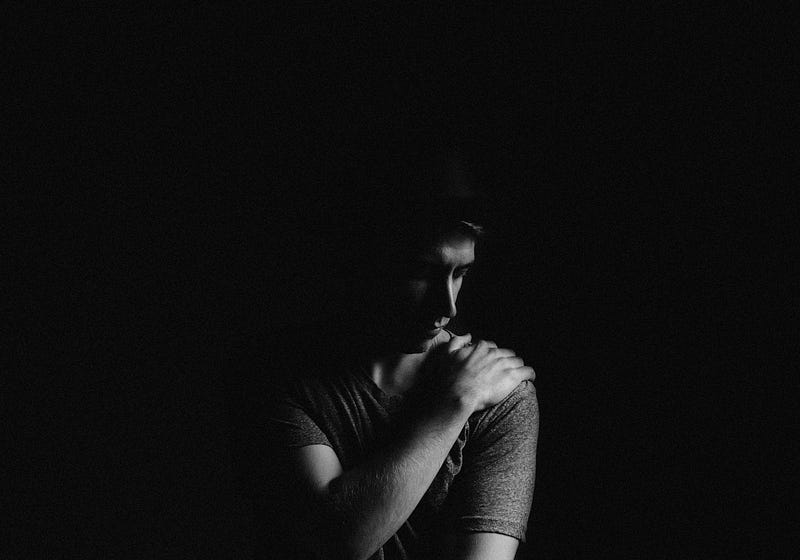Breaking the Cycle of Hurt: Healing for a Better Tomorrow
Written on
Understanding the Cycle of Hurt
You might have heard the phrase, "hurt people hurt people," which sadly holds a lot of truth. When individuals experience emotional or physical pain, they often respond by inflicting hurt on others, perpetuating a cycle of abuse.
Imagine a boy standing at the edge of a cliff on a snowy mountain. A bully sneaks up and throws a snowball at him before running away. The boy, feeling hurt, retaliates by making his own snowball and tossing it off the cliff. This snowball rolls down the slope, gaining momentum and size until it becomes an avalanche, devastating anyone in its path, including innocent skiers and nearby villages.
This scenario illustrates how one person's pain can trigger a cascade of suffering that impacts countless others, often for generations. For example, if someone is sexually abused by a neighbor, that trauma doesn't just affect the victim; it can ripple through families, instilling pain in new generations.
The cycle of abuse extends beyond physical harm. Emotional manipulation, gaslighting, and passive-aggressive actions, though less visible, can be just as damaging. Children often absorb these harmful behaviors, carrying them into adulthood and damaging their own relationships.
I was reminded of this when someone I confronted about his dishonesty replied, "Hurt people hurt people." He shared this as if it were an accepted truth, having been through his own struggles. This remark troubled me, as it seemed like an excuse for his actions.
The crucial point here is that the cycle doesn't have to persist. Those who have been hurt don't have to perpetuate that pain.
Recognizing and Acknowledging Your Hurt
It's important to understand that cycles can be broken. The pain doesn't have to wreak havoc on your life or the lives of others. The first step to stopping this cycle is to recognize and confront your own hurt. Commit to healing before seeking solace in new relationships. If you've experienced childhood abuse, avoid searching for love to fill the void; prioritize healing first.
While the healing journey isn't easy, it is essential to prevent further damage. Acknowledge your wounds and take responsibility for your actions. Instead of becoming just another casualty in this cycle, you can serve as a beacon of strength and hope for those still battling their own struggles.

The Importance of Self-Reflection
Rather than blaming others for issues in relationships, it’s vital to engage in honest self-reflection.